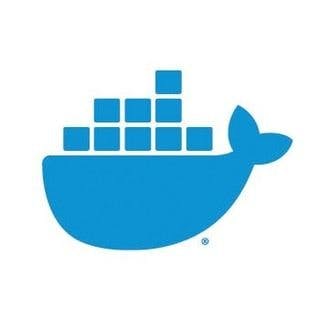- Valuation Model
- Expert Interviews
- Founders, funding
How is Docker sustaining revenue expansion, particularly in revenue retention, and what levers are being pulled to achieve this?

Scott Johnston
CEO at Docker
There's a couple good threads in there.
One, we were very aware that from a buyer or user’s standpoint, the biggest hurdle is always the one between zero and a cent. Once someone locks into a cent, then you can negotiate: "Is it a cent? Is it 2 cents? Is it ten cents?"
Our pricing was very intentional. What we wanted people to think about was how they spend $250K-$300K per year for all their engineers, and so $5-$24 per month for them to be productive is just an easy decision.
Once we’ve established that commercial—in addition to community—relationship with them, we’re suddenly talking to the check writers and decision makers who are the managers of all those devs. That gives us fantastic lines of communication to hear about what else they want to address in their development organization and what other objectives they have for their developers.
What that has enabled is our new tiering. The features in our pricing tiers are geared towards those managers and those personas around developers. We're not trying to monetize the individual developer motion—we’re monetizing the managers of thousands of developers who need single sign-on to be able to make sure they're all authenticated and using their internal directory service, or observability to make sure they're downloading all the right content from the container image registries around the internet. Those are features for managers with a budget to pay for such things.
This gets to your second question. Once we have that commercial relationship and buyers who, as I said, are happy to pay for the productivity, they go, "My devs could really use feedback when they're building containers locally to know if they're building with a package that's outdated or not."
We can say, "You know what? We can give you 10 for free. But by the time you do your 11th, that's another charge."
In this way, additional monetization is going to come not from jacking up the price, but using the feedback we get from managers to add more value that effectively allows us to branch into new adjacent workloads.
There's lots of things going on in that local developer desktop, many of which we're not in, today, but we can see the traffic coming in from where the developers are pulling all the containers from. We know there's unit testing, debugging, linking, and collaboration going on. Docker can have a role in adding value to all those activities.
Docker is an application development platform based on open source technologies that allows developers to create, deploy and manage containerized applications.
